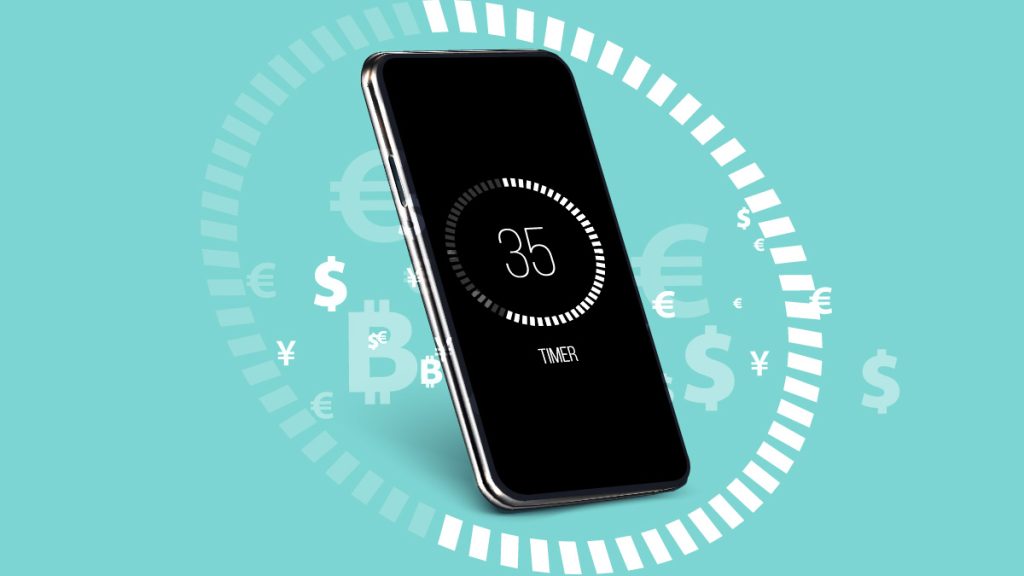
In 2023, critical decisions will be informed by enhanced data analytics as a result of increased data application. In 2023, fintech in telecom, and vice versa, will allow the financial sector it to provide various tools to support financial transactions anywhere. When 5G is completely implemented in 2023 by authorized 5G operators, fintech will rely on it to deliver customized solutions that will support the agenda for intelligent cities and the digital revolution. This fintech-telecom partnership is set to bring a new level of modernization to transactions, as both power sectors merge forces to revolutionize digital payments.
Joint Fintech-Telecom Efforts
The needed presence and role of telecom companies in fintech relies heavily on mobile operators compelling reasons to break into the fintech sector because they can deliver cutting-edge and secure solutions at scale and have a broad reach, solid customer relationships, advanced analytics, and various partnerships to offer. Rapid innovation, flexibility, and full access to the market with solid skills are brought about by this. We know telcos have a broader consumer base and more flexible distribution methods than conventional banking services. Telcos, therefore, demonstrate their increased relevance in the financial services sector with the development of smartphones and the ability to access banking facilities and capabilities. Another aspect delivering the needed push in support of the fintech-telecom merger of digital solutions.
The benefit is in the size and time, as telco ties can develop before banking ones. Today’s youth often has a smartphone from a younger age, which gives telco providers an advantage in forging relationships with clients. Additionally, cellphone penetration in emerging economies is far higher than in banking. As a result, telcos have a competitive edge when offering financial solutions to their customers. As a result, telco-backed fintech reaps the benefits of growing market penetration levels and displaces incumbents with a more significant chunk of the financial services market.
Telcos can significantly benefit from universal accessibility, including in rural and distant places, for uses other than mere communications. Adding banking and fintech features to the vast existing telecoms network brings up a lot of opportunities for both consumers and businesses. People with limited access to banks and those who want quick onboarding procedures to have found great value in utilizing a standard phone as a mobile telecom wallet to transfer money, pay bills, and rent, among other services.
Fintech Investment of Telcos in the MEA
Among fintech-telecom initiatives, mobile payments and digital banking are at the forefront. It is clear that when working methods and client banking habits altered due to the COVID-19 epidemic, demand for digital financial services increased. Telcos have therefore made progress in providing these services so that users can experience them more quickly and effectively.
Fintech-Telecom partnership
Regionally, the Middle East and North Africa (MENA) experienced a 40 percent increase in fintech in 2020, which was the most significant growth. Fintech investment will continue to fuel growth in the MENA region’s digital economy in 2022 as customers shift to cashless transactions and the industry gains from improved regulations. Parallel to this, 30% of respondents to a McKinsey study on the Middle Eastern payments sector ranked telecom-backed wallet responses as having the most significant influence on the future of payments. This demonstrates that telecom corporations are formidable competitors in the fintech industry.
A prime example is stc pay, the first financial unicorn in Saudi Arabia and a significant fintech operator in the region. The business today provides services to 7.8 million users, supported by the trust and reputation stc Group has built. The company has been able to address significant client pain points by digitizing international remittances through its collaboration with Western Union and made it more accessible as it can send, edit, trace, and cancel transactions at any point in time and get returned promptly through the site. It’s currently being transformed into a digital bank.
In addition, Etisalat deals with top fintech companies to build Wio. The Central Bank of the UAE has given this new digital banking platform in-principle clearance. Through this agreement, Etisalat can invest in the expanding digital banking market and take advantage of synergies by providing a more comprehensive range of goods and services. With Etisalat holding a 25% investment along with ADQ, First Abu Dhabi Bank (FAB), and ADQ, Wio could give UAE residents a fully digital banking option with specialized goods and services that fit their demands and lifestyles.
As one of the regions that have been shown to transition to digital and contactless transactions quickly, the use of mobile phones to facilitate payments has altered the dynamics in the MENA area. Safaricom, one of the first participants, introduced their mobile money transfer program M-PESA in Kenya in 2007. It soon gained popularity when urban employees desired to transfer money to their homes. M-PESA has increased financial inclusion and offers its 50 million users a safe, secure, and affordable platform today. Vodacom and Safaricom completed the purchase of the M-PESA trademark from Vodafone Group in the first quarter of 2020, accelerating the expansion of M-PESA throughout Africa and resulting in 15 billion transactions that year.
Wrap-up
The telecom industry is making strides and leaps in innovation, hand in hand with financial innovations. Fintech-telecom solutions are on the verge of becoming a norm; some can argue that they already did. When you find yourself in the middle of it all unfolding, the question should not be which industry is caught up with the other. The question you should ask is, are you? And question yourself whether you truly believe that fintech companies and telecom is impacting banking, or simply supporting it?
Inside Telecom provides you with an extensive list of content covering all aspects of the tech industry. Keep an eye on our Fintech sections to stay informed and up-to-date with our daily articles.